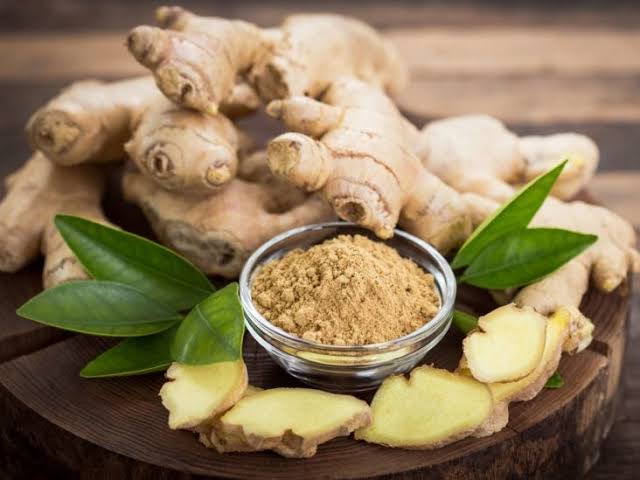Ginger is a root that has been used for centuries in traditional medicine and cooking.
It has a distinct, spicy flavor and aroma and is known for its many health benefits. In this article, we’ll explore the health benefits of ginger, as well as some of its many uses.
What is Ginger?
Ginger is a flowering plant that belongs to the Zingiberaceae family, which also includes turmeric and cardamom.
The root of the ginger plant is what is commonly used for cooking and medicinal purposes. Ginger root can be eaten fresh, dried, powdered, or in the form of an oil or juice.
Health Benefits of Ginger
Anti-inflammatory Properties
One of the most well-known health benefits of ginger is its anti-inflammatory properties. Ginger contains compounds called gingerols and shogaols, which have been shown to reduce inflammation in the body. This makes ginger a useful natural remedy for conditions such as osteoarthritis, rheumatoid arthritis, and other inflammatory conditions.
Digestive Health
Ginger has long been used as a natural remedy for digestive issues such as nausea, bloating, and indigestion. It can help stimulate digestion, reduce inflammation in the gut, and prevent the growth of harmful bacteria in the digestive tract. Ginger can also be effective in reducing symptoms of acid reflux and improving gut motility.
Immune Boosting Properties
Ginger is also known for its immune-boosting properties. It contains compounds that can help strengthen the immune system and protect the body against infection and disease. Ginger has been shown to be effective against respiratory viruses, including the common cold and flu.
Anti-Nausea Properties
Ginger has been shown to be effective in reducing nausea and vomiting associated with pregnancy, chemotherapy, and surgery. It can also be useful in reducing motion sickness and other types of nausea. Ginger works by blocking the action of certain neurotransmitters that are involved in nausea and vomiting.
Heart Health
Ginger may also have benefits for heart health. It has been shown to help reduce blood pressure and cholesterol levels, both of which are risk factors for heart disease. Ginger can also help improve blood flow and prevent blood clots.
Anti-Cancer Properties
Some studies suggest that ginger may have anti-cancer properties. Ginger contains compounds that can help prevent the growth and spread of cancer cells. While more research is needed in this area, some studies have shown promising results.
Uses of Ginger
Cooking
Ginger is a popular ingredient in many cuisines around the world. It is used in both sweet and savory dishes, from gingerbread cookies and pumpkin pie to stir-fry and curry. Ginger can be used fresh, dried, or powdered in cooking.
Tea
Ginger tea is a popular beverage that is made by steeping fresh ginger root in hot water. It can be sweetened with honey or lemon and is a soothing drink that can help with digestion and reduce inflammation in the body. Ginger tea can also be used to relieve nausea and improve circulation.
Supplements
Ginger supplements are available in capsule or liquid form and can be used to help reduce inflammation, boost the immune system, and promote digestive health. Ginger supplements can also be used to relieve nausea and improve heart health.
Topical Use
Ginger can also be used topically in the form of a ginger oil or cream. It can be used to reduce inflammation, soothe sore muscles and joints, and improve circulation. Ginger oil can also be used as a natural remedy for headaches and migraines.
In conclusion, ginger is a powerful root with many health benefits and uses
Follow us now for more news in Oyo State.
Oyo Truth is an independent online news platform/medium reporting up-to-date events, happenings and activities related to Oyo State, Nigeria.







Leave a Reply